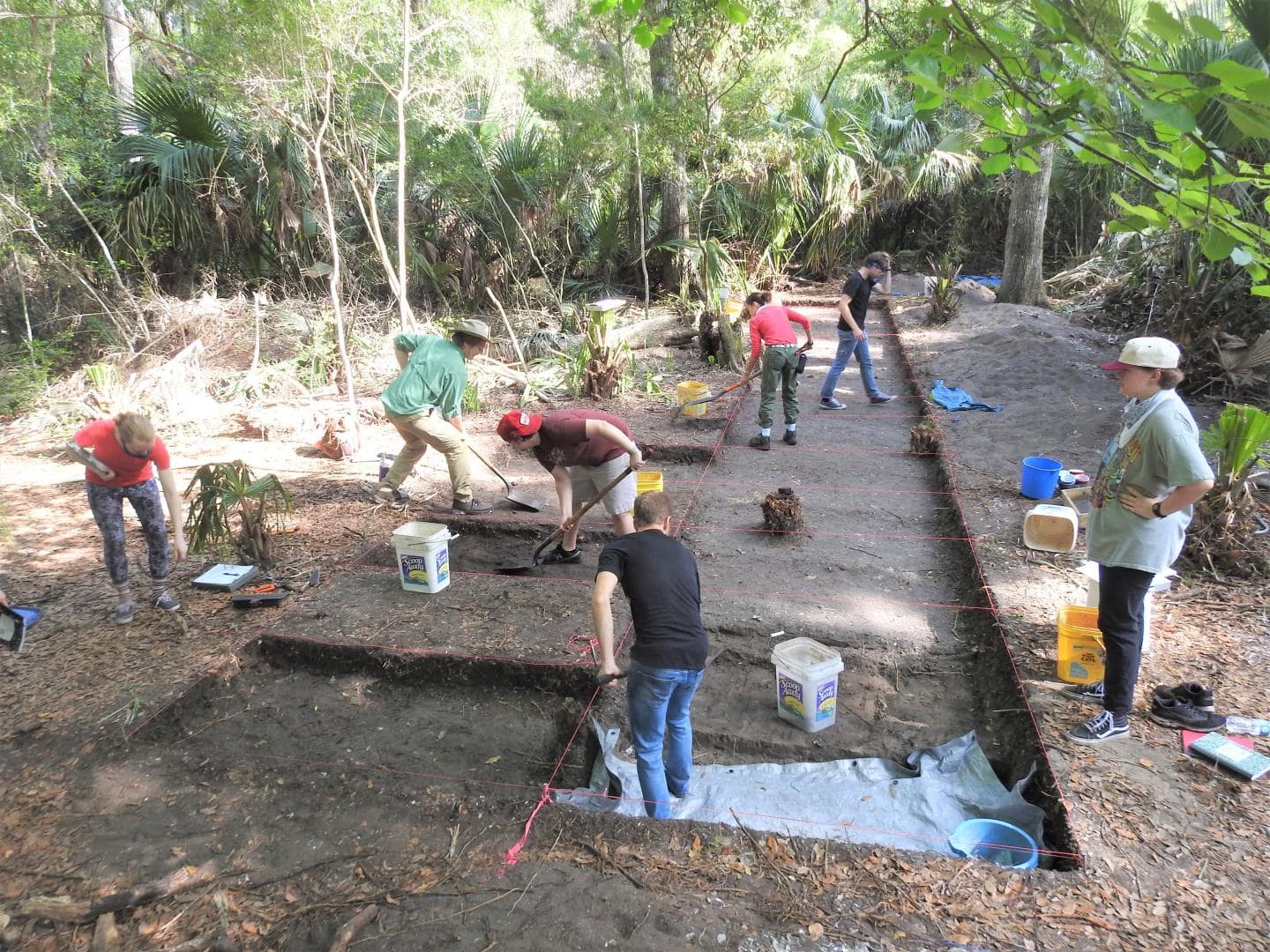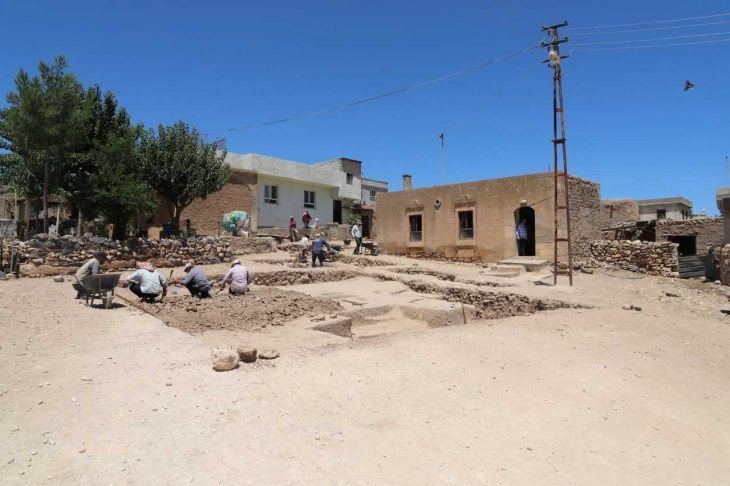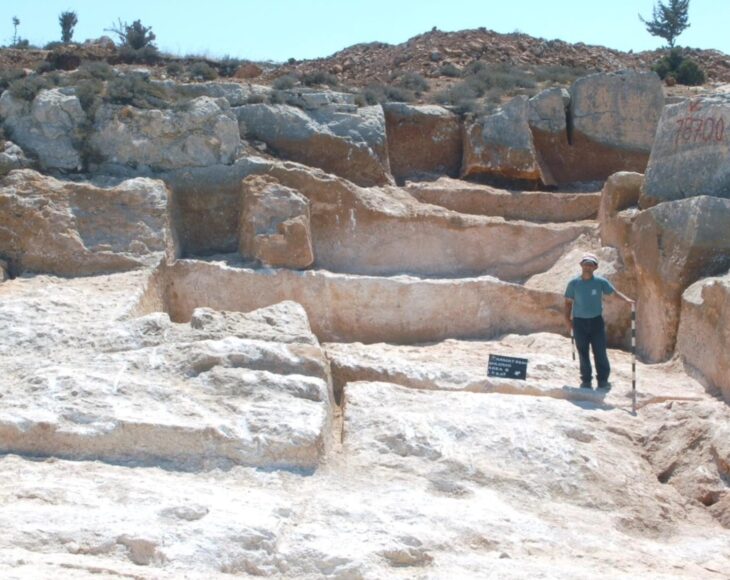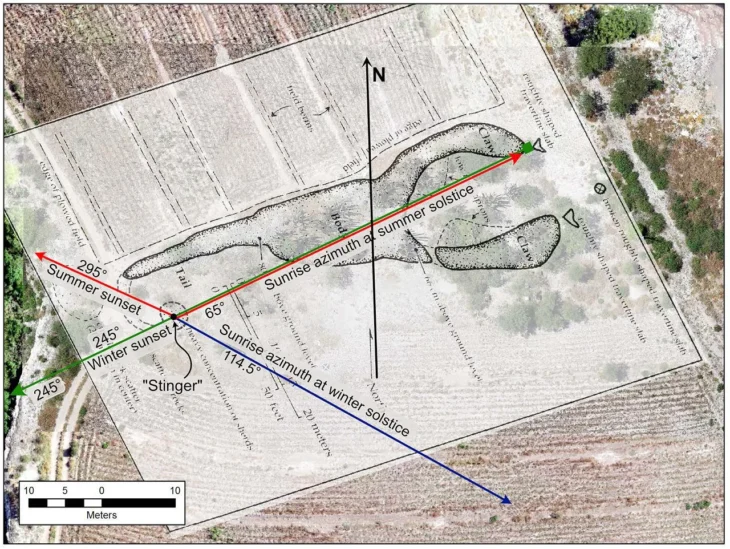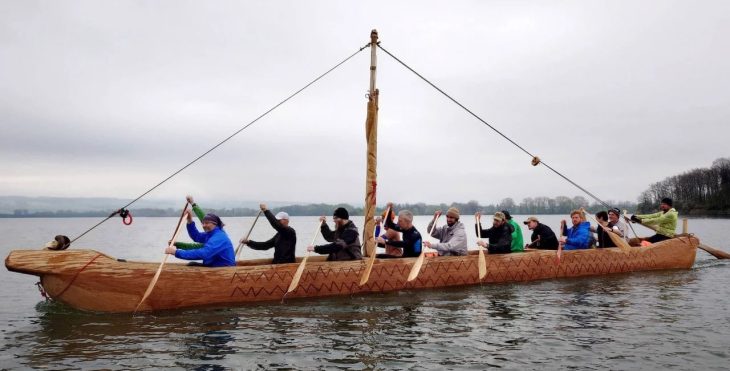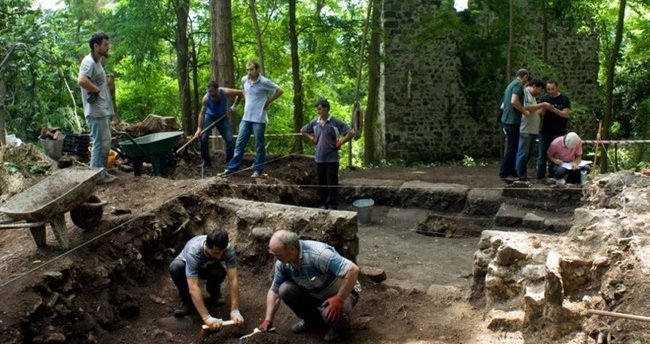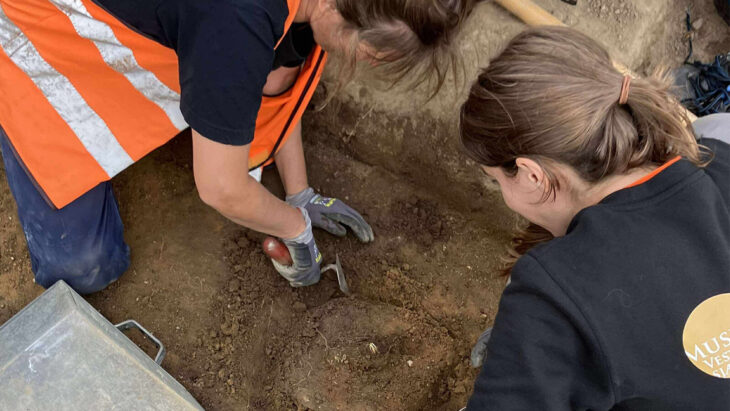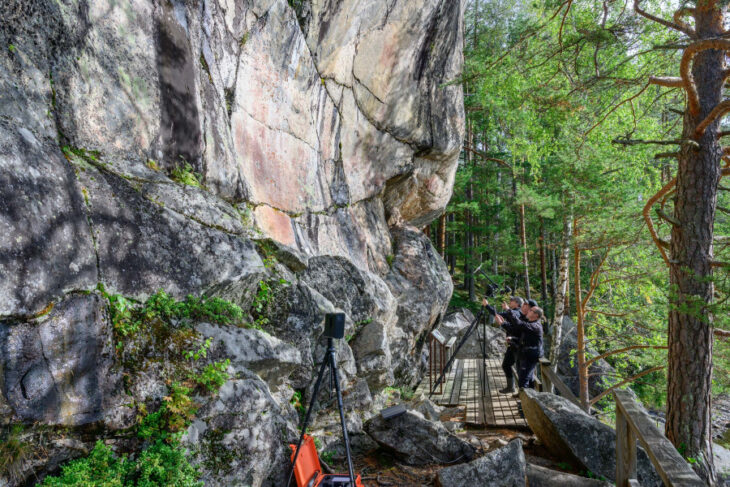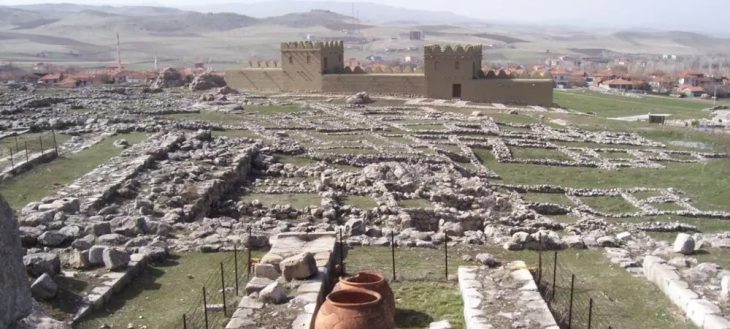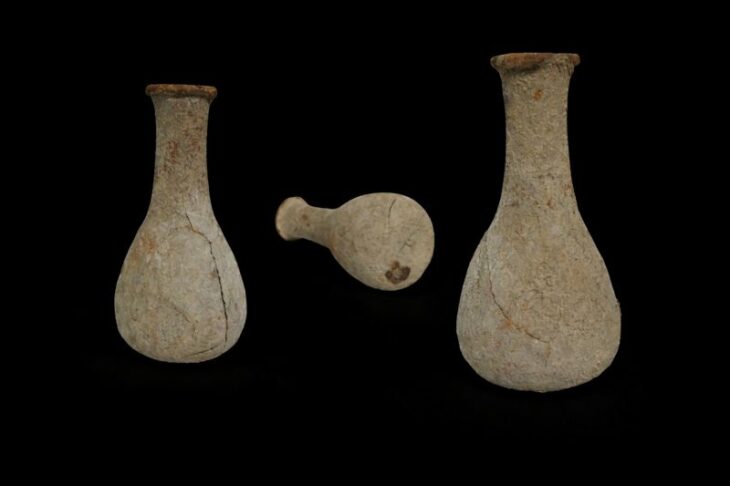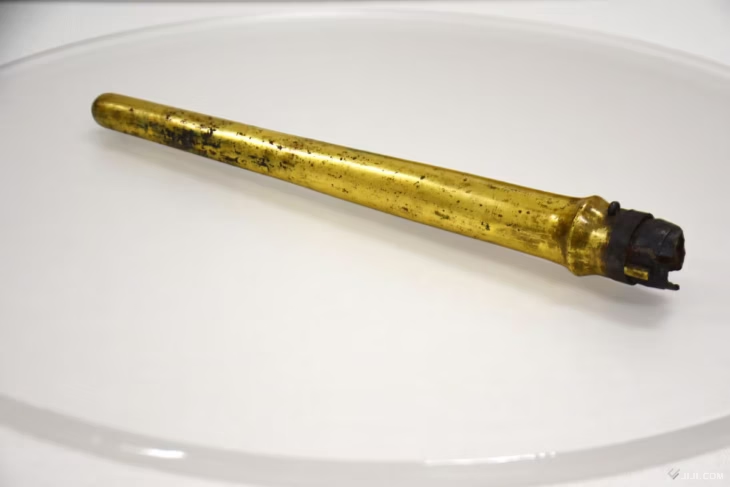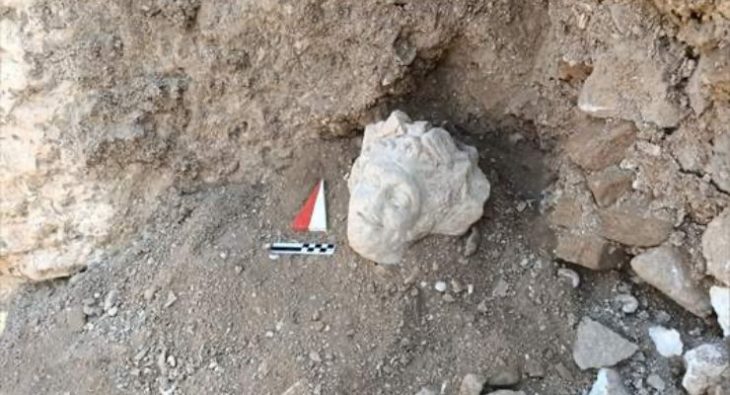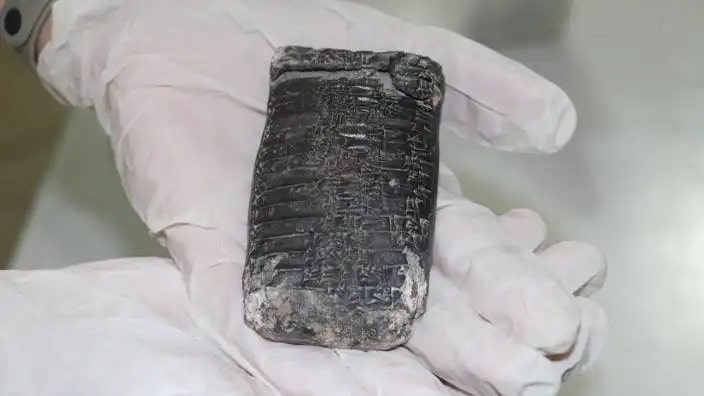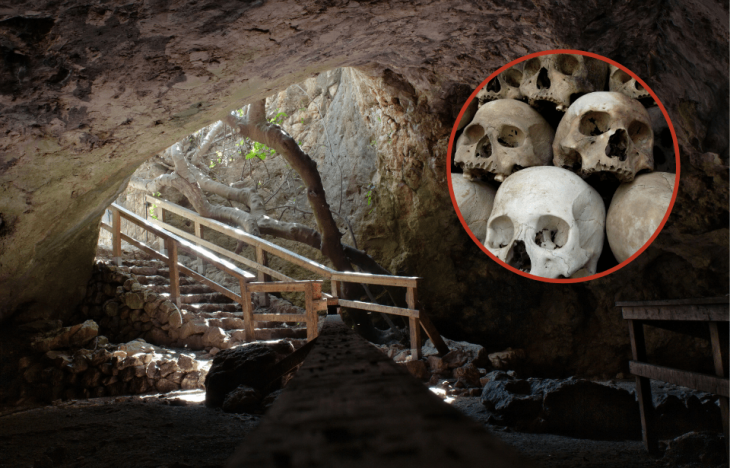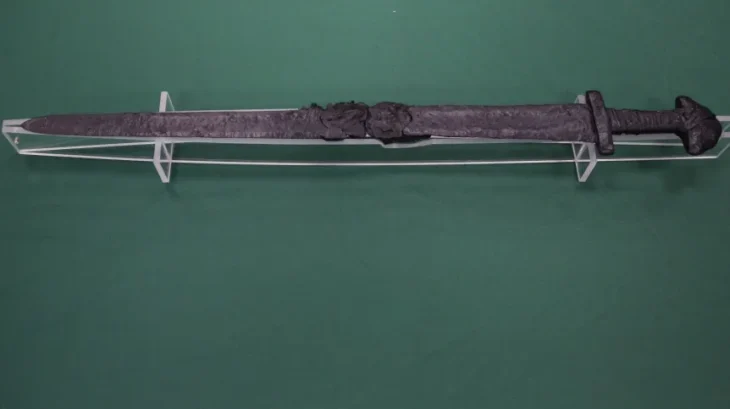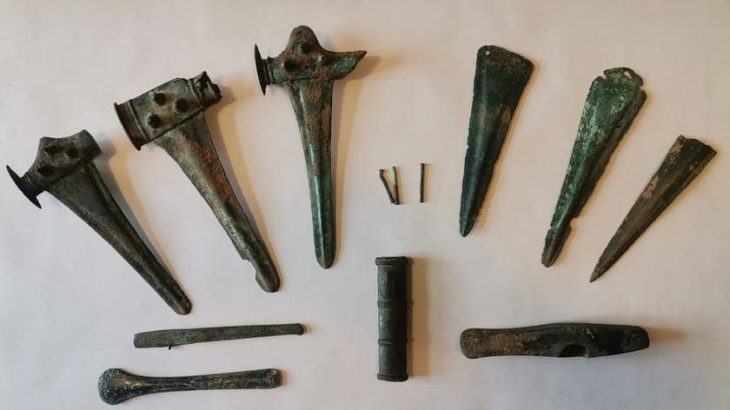The University of North Florida archaeological team is now quite sure that they have uncovered Sarabay, a lost Indigenous northeast Florida settlement described in both French and Spanish texts dating from the 1560s but never identified until now.
The kind and quantity of Indigenous pottery discovered by the researchers, as well as the kind and dates of European artifacts and cartographic map data, strongly corroborate that this location is that of the late 16th/early 17th-century Mocama settlement.
The researchers have uncovered large excavation blocks, resulting in numerous fascinating new artifact discoveries, and are presently looking for evidence of residences and public architecture. Dr. Keith Ashley, head of the UNF Archaeology Lab and assistant professor, guided the students in recovering more than 50 pieces of early Spanish pottery as well as Indigenous pottery from the late 1500s or early 1600s. They have also recovered bone, stone, and shell artifacts as well as burned corn cob fragments.
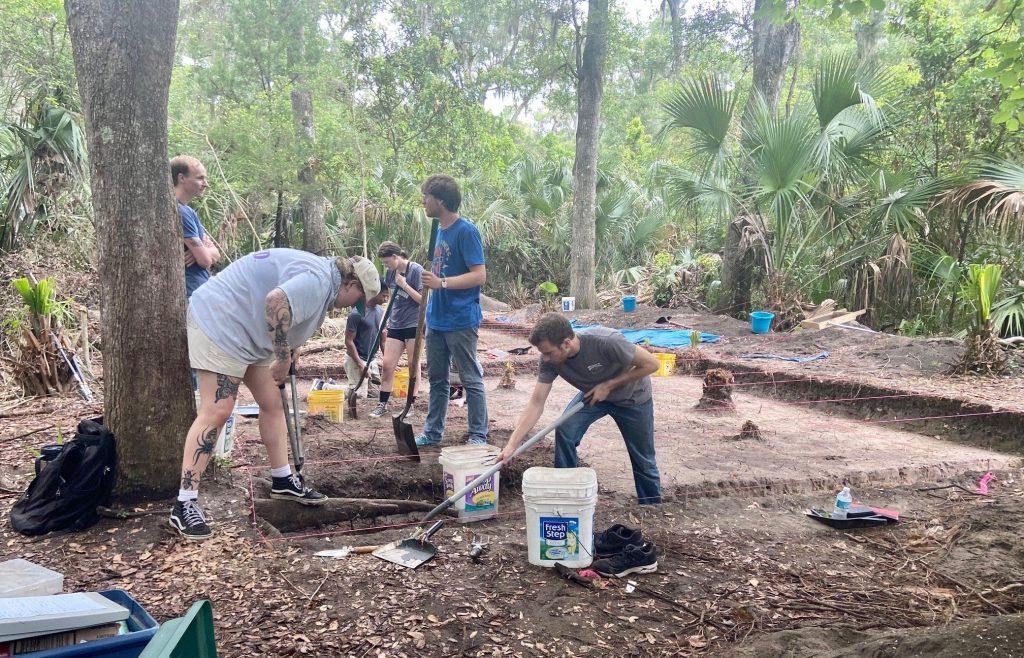
Expanding on UNF excavations at the southern end of Big Talbot Island in 1998, 1999, and 2020, the UNF research team has completed what is arguably the most extensive excavations at a Mocama-Timucua site in northeastern Florida history.
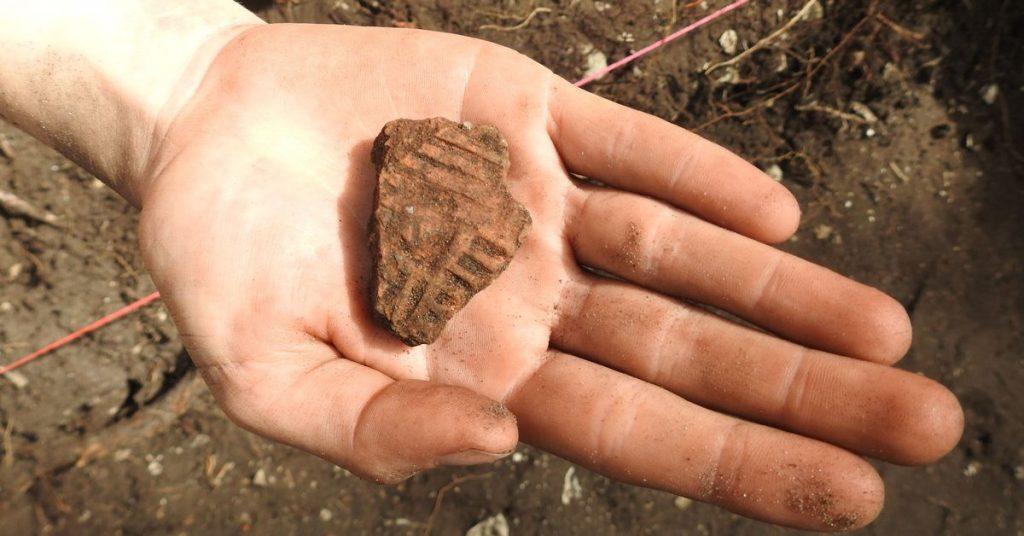
This excavation is part of the ongoing Mocama Archaeological Project at the UNF Archaeology Lab. This research focuses on the Mocama-speaking Timucua Indians who resided along the Atlantic coast of northern Florida in 1562 when Europeans arrived. In the 1560s, the Mocama were among the first indigenous populations visited by European explorers.
📣 Our WhatsApp channel is now LIVE! Stay up-to-date with the latest news and updates, just click here to follow us on WhatsApp and never miss a thing!!
The team wants to eventually validate Sarabay’s claim by discovering traces of residences and public architecture. During ongoing fieldwork efforts over the next three years, they will continue to study and learn about Sarabay’s physical layout.
More information: www.unf.edu/publicrelations/me … nous_settlement.aspx

